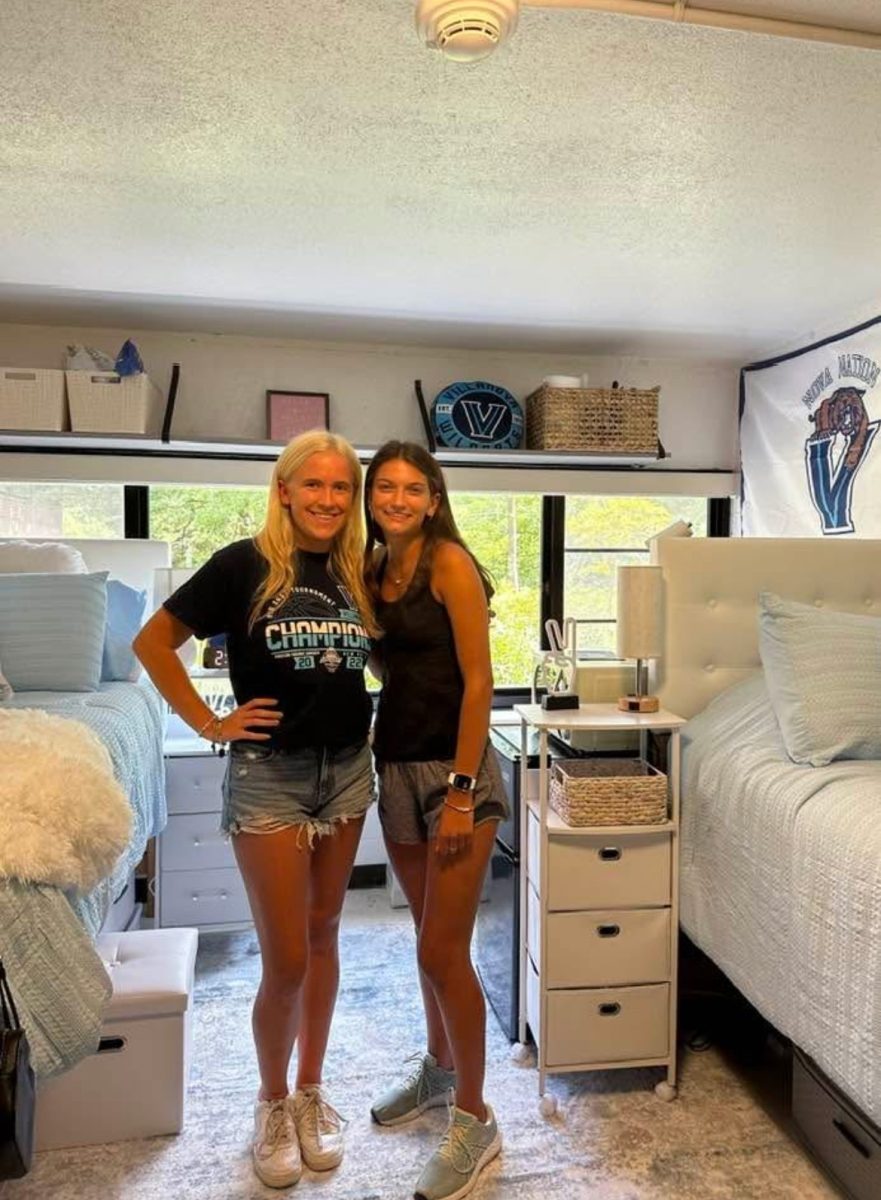It’s now the time of year where everyone is running around like chickens with their heads cut off, desperately looking for people to live with next year. For some, the rooming process is easy – the numbers within your friend group divide evenly, and your roommate(s) are willing to give and take as much as they can to make everything work out. For others, however, the process is a lot more complicated. You may be trying to live in a suite/apartment next year, in need of one or two more roommates. Your expected roommate may suddenly be studying abroad in the fall, or your friend group may have cataclysmically imploded over winter break. Whatever the reason, oftentimes, finding roommates can be insanely difficult. Despite the many difficulties people face, I always hear one recurring phrase: “I don’t want to have a random roommate.”
There’s no question why there is so much resentment toward random roommates. What if you end up rooming with an unclean, rude, uncooperative person? What if you end up rooming with someone who wants to throw ragers in your room every Thursday-Saturday? What if you end up rooming with the person your ex cheated on you with? The possibilities are endless, and the fear of the unknown certainly deters many students from going random. In theory, many of these fears would be fixed with the roommate matching system. However, based on stories I’ve heard and my own experiences, Villanova’s current system needs a lot of work. In moments of future-roommate-paranoia, we should not feel so scared to potentially have to go random.
For freshman year especially, many students choose random roommates because they don’t know anyone at the school, or because they don’t feel like scrolling through Instagram roommate pages. From my own experience, I tried looking at the roommate search provided through the housing portal, but I had no luck with anyone I messaged. As a result, I decided to go random because I figured I would get matched with someone I was generally compatible with, as the questionnaire suggested.
I ended up getting matched with a roommate I was 50% compatible with, which did not make much sense to me. Through the roommate search feature on the housing portal, I was consistently suggested people who I had at least an 85-90% match with, so I figured the random roommate matching would have assigned me someone similar. Throughout my freshman year, this 50% match proved true, and it was clear to me that we were not compatible as roommates. I felt like I had been cheated by Villanova’s roommate matching system.
I was not alone in my strange roommate matching experience. “We selected the opposite things on the roommate preference form, but somehow, we got put together,” sophomore Fatima Salman said.
With a roommate matching system, you should expect to be matched with a highly compatible roommate. The roommate matching system needs to do a better job in prioritizing this compatibility. At the very least, even if two random roommates do not completely get along, being matched with high compatibility will help them co-exist peacefully.
When people are matched with high compatibility, things tend to work pretty well. “I loved my roommate; I was actually shocked at how well it worked out,” sophomore Emily Walsh said.
“Even though we may not have put ourselves together, it worked out,” sophomore Maggie Coia said.
What it all boils down to is that everyone has different standards for what constitutes an acceptable roommate. People’s opinions vary when it comes to acceptable hygiene, bedtime variations, and sociability. While the current roommate matching system attempts to account for this variation, it falls a bit flat. Perhaps adding more specific questions and answers may be a way to resolve some of the issues people face.
“It could feel awkward asking for space,” sophomore John Dean Snyder said. “It was more of an issue with our communication styles. It would’ve been cool if we could have indicated that on the form.”
For some people, it really matters if they can effectively communicate with their roommates. However, for others, communication is not as much of a priority. The roommate matching system should ask how important each category is to each student. As of right now, the system only asks for the importance of neatness, ignoring other issues that may matter more to certain students. Also, ambiguous words, such as “neat,” can be interpreted differently by everyone. Making the questionnaire as specific as possible will prevent a lot of confusion between applicants.
If Villanova can fix these issues, hopefully, students will no longer shudder in fear at the possibility of having random roommates.



